Roots reggae from Cape Town to Helsinki - an ethnographic study of local belonging and cosmopolitan imagination in rastafarian reggae music - muto
Väitöskirjat
null Roots reggae from Cape Town to Helsinki - an ethnographic study of local belonging and cosmopolitan imagination in rastafarian reggae music
UEF
19 toukokuuta 2017 - 00:00:00
In this doctoral dissertation, in disciplines of cultural studies and cultural anthropology, Tuomas Järvenpää studies roots reggae music as a transnational and cosmopolitan phenomenon. Historically, the Jamaican roots reggae genre has evolved in conjunction with the socio-religious Rastafarian movement, which holds an explicitly Africanist ideology. Currently, however, the genre has developed into a popular international music phenomenon that crosses social and cultural borders.
Against this background Järvenpää asks in this dissertation 1) In which ways is local belonging enacted in Rastafarian reggae music in Finland and in South Africa, and 2) how do musicians imagine the genre as a global community in these contexts?
Popular music research has called scholars to acknowledge the ways in which music genres, and ideologies associated with them, function in the everyday lives of music aficionados in different social contexts. The current dissertation answers these calls by approaching roots reggae music with the methods of multi-sited ethnography, where the research phenomenon is understood from the point of view of the musicians and music aficionados themselves.
Earlier research has also urged researchers to look at Caribbean-derived popular culture and religion from comparative and multi-sited points of view, given the transnational and highly dynamic nature of these cultural phenomena. Because of these theoretical challenges, the material in the current dissertation is constructed from two ethnographic field periods, in Finland and in South Africa, which are juxtaposed and compared in the analysis.
The dissertation consists of a theoretical and methodological introduction and four research articles. The first article presents the case of Finnish reggae musicians who search for continuity with the Jamaican roots reggae tradition and its values. The second article is an ethnographic inquiry of a weekly Rastafarian music event in a township in Cape Town. The third article analyzes the life histories and music productions of Capetonian reggae vocalists. The fourth and the final article draws together the common themes of the previous articles by looking at the interaction between Finnish and Capetonian reggae aficionados and the performances of South African musicians in Finland.
On the theoretical level, the conclusions of the dissertation show how the concepts of autochthony and musical cosmopolitanism can be operationalized in a complementary way in anthropological research, particularly in the study of Southern African urban life. The study demonstrates how South African roots reggae aficionados negotiate and combine the social commitments of autochthony and cosmopolitanism in their musical activities.
Secondly, the dissertation demonstrates how local belonging is understood in different ways in Finnish and South African roots reggae cultures. Whereas the Finnish artists participating in the current study experience their music as international and European music, Capetonian vocalists see their music as the voice of particular townships in Cape Town.
Thirdly, the dissertation establishes how patriarchal and heteronormative values and practices have emerged as being central to the roots reggae genre in its adaptation to new social contexts outside of Jamaica.
Fourthly, the dissertation shows how roots reggae is a distinctively modernist cultural phenomenon, where elements such as non-conforming individualism and self-stylization are central. However, numerous musicians have negotiated these values creatively and combined them with world views, which are distinctive from the rational Western modernism of which roots reggae musicians are strongly critical around the world.
A significant part of the dissertation has been funded by the Academy of Finland and realized between 2013 and 2016 as part of the research project "Youth Music and the Construction of Social Subjectivities and Communities in Post-apartheid South Africa", based at the University of Helsinki in the discipline of social and cultural anthropology.
